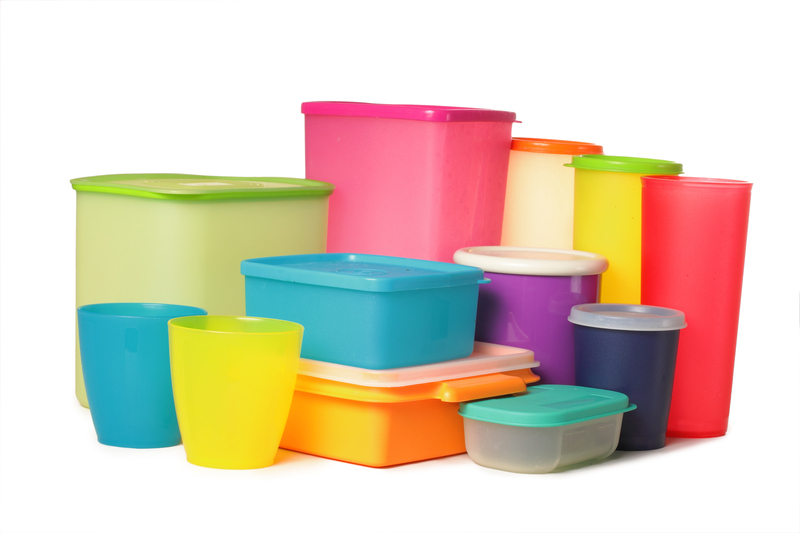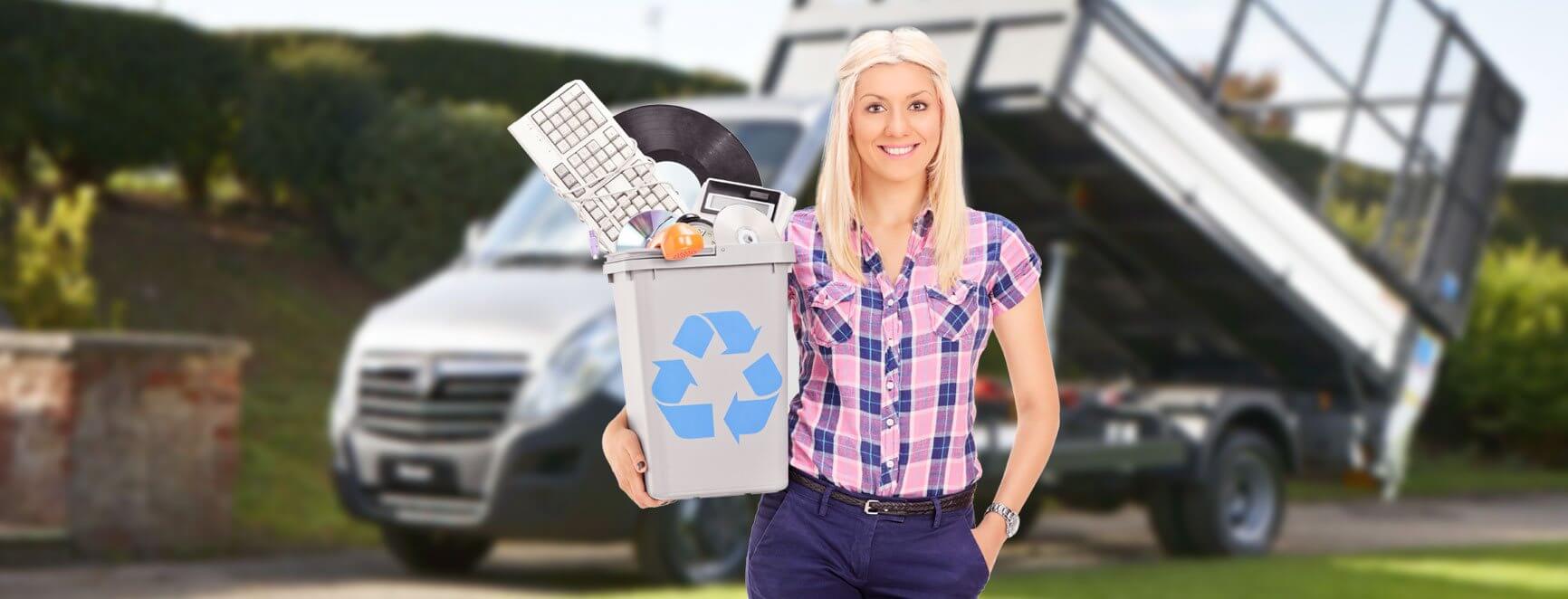Reduce Waste by Avoiding These Recycling Mistakes
Posted on 23/09/2025
Reduce Waste by Avoiding These Recycling Mistakes
Recycling is a critical component of waste management and environmental conservation. However, many well-meaning individuals frequently make mistakes that can reduce the effectiveness of their efforts. Understanding these common recycling errors and how to avoid them can significantly reduce waste and improve the recycling process.
1. Placing Non-Recyclable Items in the Bin
One of the most common mistakes is putting non-recyclable items in the recycling bin. Items such as plastic bags, styrofoam, and certain types of glass are not recyclable in most municipal programs. These contaminants can cause entire batches of recyclables to be sent to the landfill.

2. Not Rinsing Containers
Dirty containers can do more harm than good. Food residue can contaminate recyclable materials, making them unsuitable for recycling. Always rinse containers before putting them in the bin to ensure they are clean and free from food waste.
3. Ignoring Local Recycling Rules
Recycling guidelines vary widely from one community to another. What is recyclable in one place might not be in another. Always check your local recycling rules to avoid mistakenly placing non-recyclable items in your bin.
4. Overlooking Electronics and Batteries
Electronics and batteries contain materials that can be harmful to the environment if not disposed of properly. Most municipalities have special drop-off points for these items. Never throw them in the regular recycling bin.
5. Mixing Shredded Paper with Other Recyclables
Shredded paper is often too small to be effectively sorted at recycling facilities and can end up contaminating other recyclables. It's better to contain shredded paper in a paper bag or recycle it separately as per your local guidelines.
6. Forgetting to Break Down Cardboard Boxes
Large, unflattened cardboard boxes can take up a lot of space in recycling bins and make it harder for recycling companies to process them. Always break down and flatten cardboard boxes before recycling them.
The Pros and Cons of Recycling
- Pros:
- Reduces landfill waste and conserves natural resources.
- Lowers greenhouse gas emissions and helps combat climate change.
- Promotes sustainable use of materials.
- Creates jobs in the recycling and manufacturing industries.
- Cons:
- Contamination can render entire batches of recyclables useless.
- Recycling processes can sometimes be energy-intensive.
- Not all materials are economically viable to recycle.
Practical Tips for Effective Recycling
- Educate yourself on local recycling rules and guidelines.
- Rinse containers thoroughly to avoid contamination.
- Keep recyclables loose; don't bag them.
- Check for special disposal methods for electronics and batteries.
- Break down and flatten cardboard boxes.

Key Takeaways
Educating yourself and making small changes in your recycling habits can have a significant impact. Proper recycling helps conserve natural resources, improves the efficiency of recycling facilities, and contributes to a more sustainable environment.
Conclusion
Reducing waste by avoiding common recycling mistakes is not just about placing items in the correct bin; it's about being mindful of the entire recycling process. By taking the time to understand local guidelines, properly preparing materials, and avoiding contaminants, you can play a crucial role in enhancing the effectiveness of recycling programs. Small actions can lead to significant environmental benefits, making our world a greener place for future generations.





